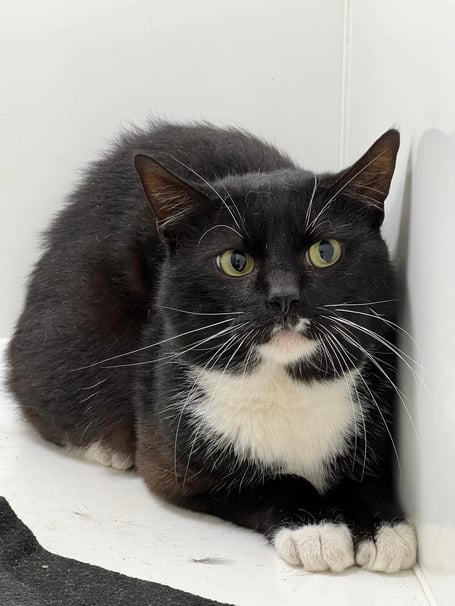Sharing your life with a pet can be the most rewarding and magical of experiences, but coping with the loss of a beloved pet can, in equal measure, be the most traumatic and devastating of experiences.
Added to which, it is likely that you have had to make a decision about the having your pet euthanised by a vet. The most difficult decision imaginable.
Most of our pets don’t die peacefully in their sleep, and many pet owners will admit to putting off the inevitable for a few days, if not months.
When the time comes to say good-bye we really shouldn’t confuse the decision with what’s best for us, with what’s best for our pet. After a lifetime of companionship, affection and entertainment it is the least we can do – if you think with your head, your heart will follow.
It may help your decision-making if your final act of kindness is done at home, rather than in a vet’s surgery.
Most vets will be able to accommodate your request to carry out euthanasia (which in Greek translates as ‘good death’) in a home visit, which will be more expensive but well worth it.
Carrying out euthanasia at home also makes it simpler for children to be involved, or enable their involvement to be managed appropriately; and other pets can see the dead body and have some sort of ‘closure’.
Pets frequently mourn the loss of another pet, just as we do, and can search for their companion if they suddenly go missing.
Here are some ways that may help you, or a friend or relative, to cope with the loss of a pet.
Pet owners often find their loss is trivialised by those around them, and it can be a very lonely experience. Although we are supposed to be a nation of animal lovers, many people frown upon mourning and visible grief in relation to the loss of a pet, and they have a ‘just get another one’ approach which is seldom helpful.
Locking away grief doesn't make it go away. Express it, and don't hide your feelings in a misguided effort to appear strong and calm. Don't try to avoid it by not thinking about your pet; instead, reminisce about the good times. This will help you understand what your pet's loss actually means to you.
Coping strategies include rearranging your schedule to fill in the times you would have spent with your pet; preparing a memorial such as a photo collage or memory box; and talking to others about your loss.
Working through your feelings with another person is one of the best ways to put them in perspective and find ways to handle them.
More specific advice regarding the death of an animal can be found on the Blue Cross’s website www.bluecross.org.uk/pet-bereavement-and-pet-loss. You can also call their bereavement support service between 8.30am and 8.30pm on 0800 096 6606.
But please don’t let the thought of dealing with grief put you off adopting. The rewards of pet ownership far exceed the hardships. And the MSPCA is here to look after animals whose owners die before them – animals like KC the cat.
He’s seven years old and in the prime of his life, but he’s only ever lived as an indoor cat with an elderly owner and he’s never been exposed to other cats, or to dogs and children. We think he’d be happiest in a quiet household which is what he’s used to.
KC is occupying one of the lovely pens in our refurbished cattery, purpose built to provide maximum cat wellbeing.
We can only upgrade our premises, and rescue and rehome animals in need, thanks to the generosity of the Manx public, given we do not receive any government or statutory funding to do this.





Comments
This article has no comments yet. Be the first to leave a comment.